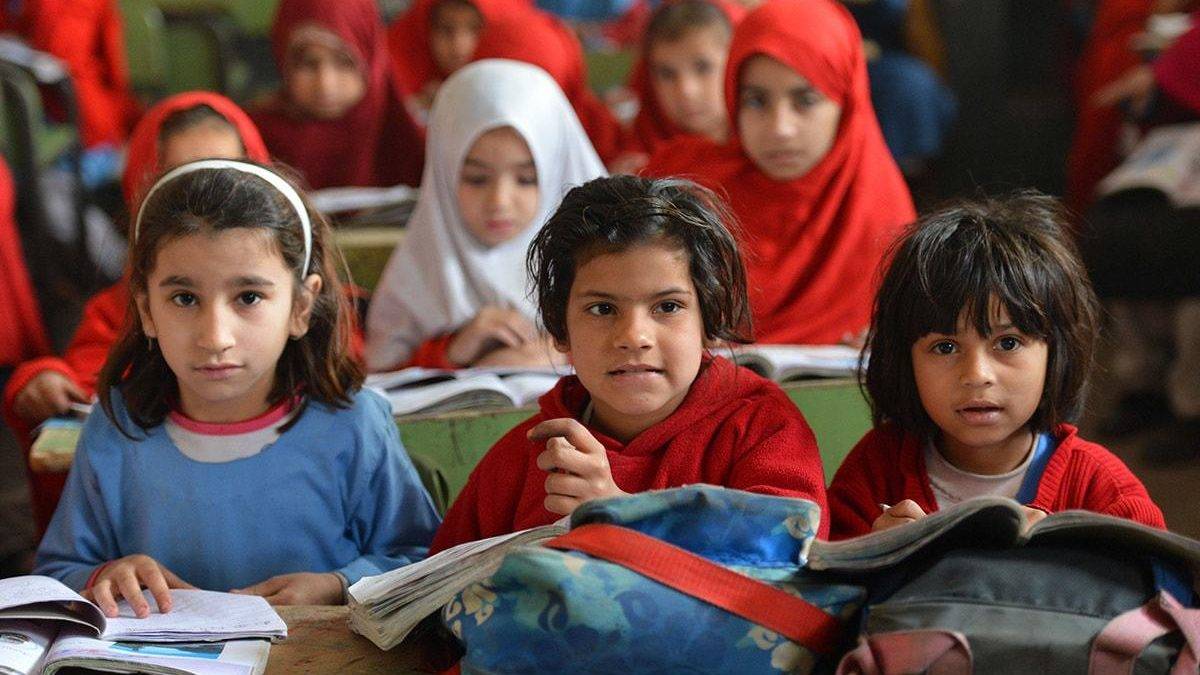The Khyber Pakhtunkhwa (KP) government, led by Pakistan Tehreek-e-Insaf (PTI), has declared an “education emergency” while simultaneously moving forward with a large-scale plan to outsource thousands of public schools and colleges to private operators, drawing fierce criticism from educators.
Official documents reveal that the provincial government has already handed over more than 4,000 public schools to private management. The initiative is now expanding to higher education, with 55 public colleges identified for outsourcing in its first phase.
According to data from the Elementary and Secondary Education Department, a total of 4,147 schools have been outsourced across the province. The breakdown includes 2,313 girls’ schools and 1,834 boys’ schools, with districts like Bannu, Mansehra, and Abbottabad among the most affected.
Following this shift in the school sector, the Higher Education Department has listed 55 colleges for the same fate. Dera Ismail Khan leads with seven colleges, followed by Swabi with six, and South Waziristan with five.
The move has been met with immediate condemnation from teachers’ associations. Aziz Ullah Khan, provincial president of the All Primary School Teachers Association, accused the government of using privatization to “cover up its failures.”
“In every developed country, education is a core state responsibility. This government has no clear priorities for improving the system,” Khan told The Express Tribune. He warned of widespread protests, stating that unions would mobilize to block the move, which they see as an abandonment of the government’s duty to public education.
In defense of the policy, KP Minister for Elementary and Secondary Education Faisal Khan Taraki called it a “reform-oriented decision” aimed at improving education quality through better private-sector management.
He asserted that the government would cover all tuition and expenses for students at outsourced institutions, ensuring no additional financial burden on parents. “We are introducing measures that will bring efficiency into the system. This is the beginning of reforms that will ultimately benefit students,” Taraki added.
Related: KP Introduces Mandatory Licensing for Teachers
The controversial outsourcing strategy arrives as the province’s public education system grapples with severe challenges, including teacher shortages, poor infrastructure, and high dropout rates. Whether this approach will strengthen the sector or further weaken it remains a deeply contested question.



